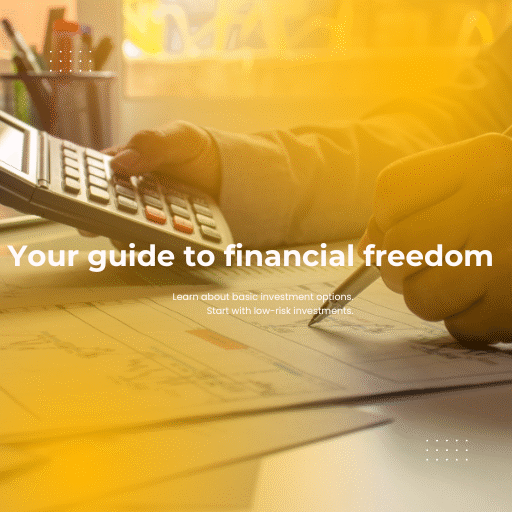Mastering your finances is a crucial skill that can lead to a more secure and stress-free future. Creating and sticking to a budget is a fundamental step in taking control of your financial well-being. By implementing proven tips and strategies, you can effectively manage your money and work towards achieving your financial goals.
The first step in mastering your finances is to create a detailed budget that outlines your income and expenses. Start by calculating your monthly income from all sources, including salaries, bonuses, and any other sources of revenue. Next, list all your expenses, such as rent or mortgage payments, utilities, groceries, transportation, and discretionary spending.
Once you have a clear picture of your income and expenses, identify areas where you can cut back to increase your savings. Look for non-essential expenses that you can reduce or eliminate, such as dining out, subscription services, or impulse purchases. Setting limits on discretionary spending can free up funds to put towards savings or paying off debt.
Automating your finances can also help you stay on track with your budgeting goals. Set up automatic transfers to your savings account or investment accounts to ensure that you are consistently saving a portion of your income. Automating bill payments can prevent late fees and help you avoid unnecessary expenses.
Tracking your spending is essential for staying within your budget and identifying areas where you may be overspending. Use budgeting apps or spreadsheets to monitor your expenses and compare them to your budgeted amounts. This can help you make adjustments as needed and stay accountable to your financial goals.
In addition to tracking your spending, regularly reviewing your budget is important to ensure that it remains aligned with your financial objectives. Life circumstances and priorities may change, so revisiting your budget on a monthly or quarterly basis can help you make necessary adjustments.
Emergency funds are a crucial component of a well-rounded financial plan. Aim to save enough to cover three to six months’ worth of living expenses in case of unexpected events like job loss or medical emergencies. Having an emergency fund can provide peace of mind and prevent financial stress during challenging times.
It’s essential to prioritize debt repayment as part of your budgeting strategy. High-interest debt, such as credit card balances, can be a significant financial burden. Focus on paying off debts with the highest interest rates first while making minimum payments on other debts.
Investing in your future is another key aspect of mastering your finances. Consider contributing to retirement accounts, such as 401(k) or IRA accounts, to build long-term wealth. Take advantage of employer matching contributions and explore investment options that align with your risk tolerance and financial goals.
Financial education is a valuable tool in improving your financial literacy and making informed decisions about your money. Take advantage of resources such as books, online courses, or workshops to enhance your knowledge of personal finance topics. Understanding concepts like investing, taxes, and insurance can empower you to make sound financial choices.
Regularly reassessing your financial goals and progress is essential for staying motivated and on track with your budgeting efforts. Celebrate small victories along the way, such as reaching savings milestones or paying off debts. Recognizing your achievements can boost your confidence and inspire you to continue working towards financial success.

